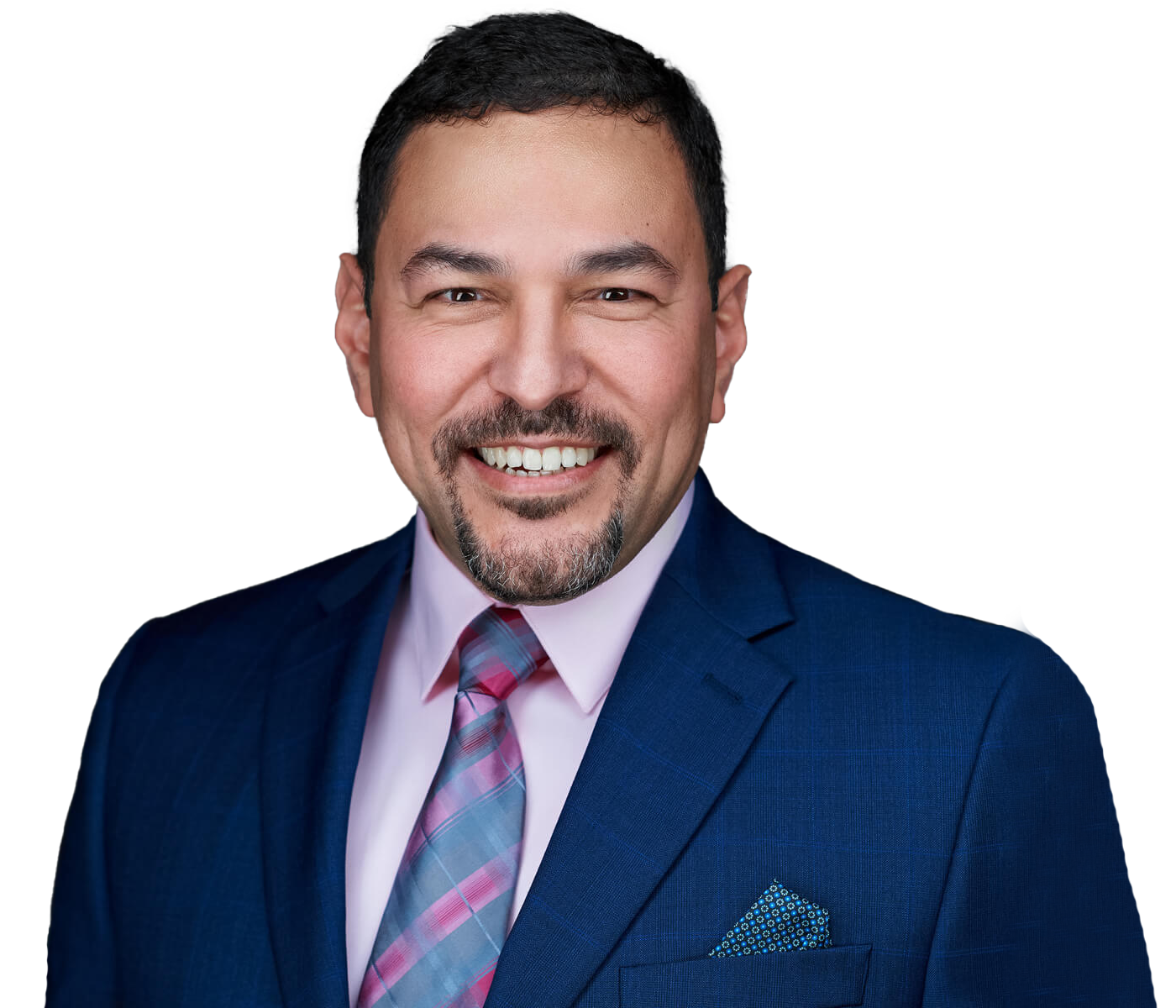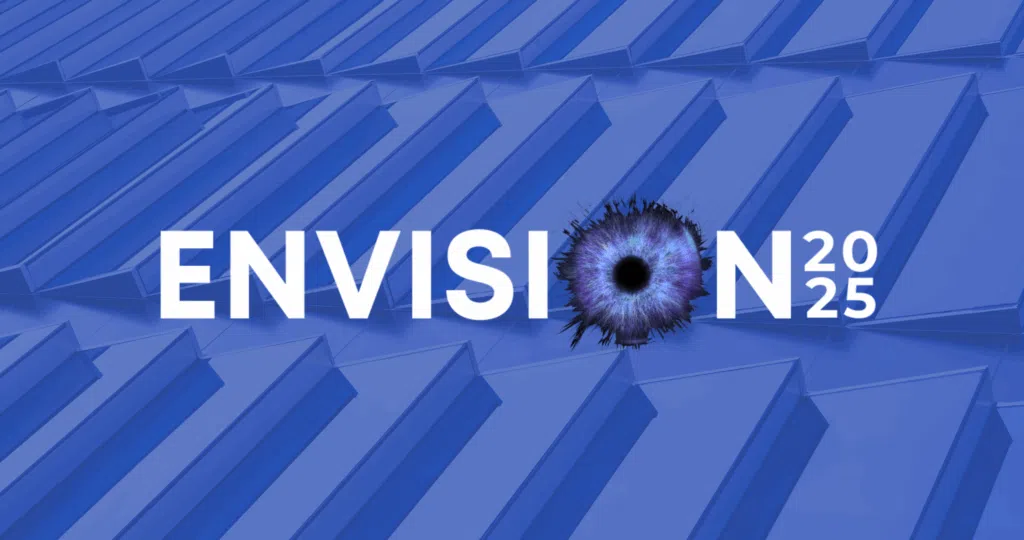Build Your Tax Team’s Confidence and Capability — On the Job
Due to popular demand, we’ve expanded our ASC 740 content within our income tax compliance and tax provision program to offer a comprehensive course focused on the entire tax provision process and its connection to financial reporting.
What makes this tax provision training unique is the paced nature of the program (classes held every other week), live office hours with instructors on alternating weeks, and special guest lecturers who are expert practitioners that impart real-world scenarios and time-tested wisdom into the material. Online and instructor-led, access to program content is flexible and available through multiple devices, allowing working tax professionals to easily manage schedules and learn remotely. Our learning platform allows participants to connect and collaborate with peers and interact with instructors through Q&As and office hours. Step by step, we guide you through the complexities of the tax provision process, making it clear and manageable.
Program Topics
-
Participants are introduced to the structure of the program, including an overview of typical tax department functions and the case study entities that will be referenced throughout the program.
-
Instructors share a high-level overview of U.S. federal tax law as well as U.S. federal tax compliance procedures. Participants are introduced to book-tax differences and the important distinction between permanent and temporary differences.
-
This class highlights the interactions and overlaps of compliance and provision functions. Topics include return-to-provision reconciliation and a basic overview of the calculation of the current tax expense/benefit.
-
This class provides an overall understanding of the importance of tax accounting and the basic mechanics of the process. The calculation of deferred tax expense and the corresponding balance sheet accounts are introduced.
-
This class explains the mechanics and importance of preparing a tax payable rollforward and proof. Instructors explain why this process is important to the ultimate booking of the tax provision.
-
Participants learn what a tax basis balance sheet is, why it is prepared, and how it can help support deferred tax positions. Examples are provided to help illustrate how to interpret the balances.
-
This class defines valuation allowance and explains how to determine when one is necessary. Examples of the types of evidence used to determine the necessity of allowances are provided.
-
In this class, participants learn how the tax accounting process differs on the interim quarters versus the year-end process. The importance of identifying discrete items is emphasized.
-
This class brings together the components into the provision journal entry. This class also looks at some of the more complicated topics businesses often encounter. Included is a discussion of the tax accounting consequences of stock-based compensation, how and when to book audit adjustments, and issues to keep in mind with respect to executive compensation.
-
This class discusses the permanent reinvestment assertion, including what to consider when making the assertion; how to document the facts supporting the assertion; and the impact the assertion has on the tax provision. Local tax provisions are also covered, along with the implications that key US international tax provisions have on the financial statements.
-
This class explains the differences between taxable versus non-taxable acquisitions, and the steps a tax department must take to properly account for business combinations.
-
In this class, participants are introduced to how tax accounting is presented on financial statements, including any necessary footnotes and disclosures. Examples from actual filings are covered including rate reconciliations.
-
Participants are introduced to additional concepts that are presented in the financial statements, as well as to other reports generated for various presentations, such as investor calls. Included in this class is a discussion of Uncertain Tax Positions. Participants are also introduced to best practices when interacting with internal as well as external auditors. The history of Sarbanes-Oxley is part of the discussion.
-
This class highlights some of the recent changes in the tax accounting and compliance areas and introduces best practices for keeping abreast of changes in a timely manner.

Who is this program for?
- Finance professionals seeking a better understanding of tax reporting.
- Early career tax team members
- In-house tax professionals that are expanding into ASC 740 income tax provision responsibilities.
CPE Credit
GTM is registered with the National Association of State Boards of Accountancy (NASBA) as a sponsor of continuing professional education on the National Registry of CPE Sponsors. State boards of accountancy have final authority on the acceptance of individual courses for CPE credit. Complaints regarding registered sponsors may be submitted to the National Registry of CPE Sponsors through its website: www.nasbaregistry.org.
FAQs
-
Program participants will earn 1.5 CPE credit for every class they attend live. A total of 21 CPE credits are available to participants who attend the entire program live.
-
Upon successful completion of each live class attended within the program, GTM Training Institute provides a verified digital certificate of completion granting CPE credit in accordance with NASBA standards.
-
All classes will be recorded and available to registrants for viewing at their convenience. If you miss a live class, you will not be able to get CPE credit for that class. CPE credit is only issued when you participate in a live class.
-
After successful completion of the program, a digital certificate from GTM Training Institute will be emailed to you in the name you used when registering for the program.
-
Yes, discounts are available for two or more participants registering for the same session from your organization. Terms and conditions apply. For more information, speak with a GTM program ambassador.
-
Once an organization expresses interest in enrolling one or more participants, a Services Agreement will be issued. When the signed agreement is returned, an invoice will be issued. Payment arrangements can be made to split the program fees over two fiscal years spanning the duration of the enrolled program session. Submit an inquiry to discuss in more detail.
-
Yes, credit card payment is accepted. You can indicate your preference to pay by credit card in the additional comments field of the registration form.
-
For the participant who enrolls in a program of study but discontinues attendance prior to completion of the program, the refund of any fees paid will be refunded as follows:
- Attend up to 2 classes: 100% refund
- Attend no more than 4 classes: 50% refund
- Attend 5 or more classes: 0% refund

There are a lot of sources for tax technical training, but very little that walks junior staff through the day-to-day operations of a corporate tax function. I’m impressed with the structure and approach to the classes. GTM Training Institute starts from the ground up, and helps Wiley train and develop our team members, and fulfill our mission of differential investment in our in-house resources.
GTM training has been extremely helpful. It is reinforcing what I am learning on the job and helping me pick-up other things that my company does not deal with on a regular basis. I would highly recommend this course to anyone who is starting their career in corporate tax accounting.
We thought GTM Training Institute would be a great development opportunity for one of our team members, and that couldn’t have been more true! Our team member felt the program material was delivered at the right level. The environment was comfortable to ask questions, which the facilitators welcomed. Also, the ability to attend virtually allowed for flexibility to join from anywhere! We highly recommend this program to anyone looking to learn more about specific areas of tax that they might not be as familiar with. It’s also a great refresher for things you think you might know well. Always something new that can be learned!





